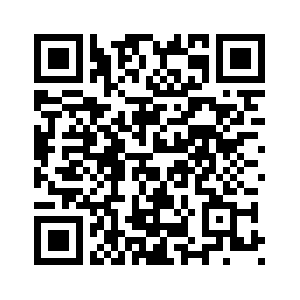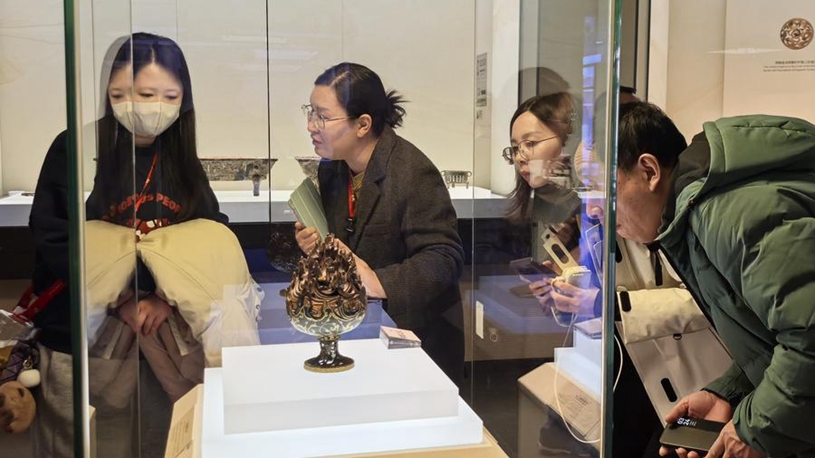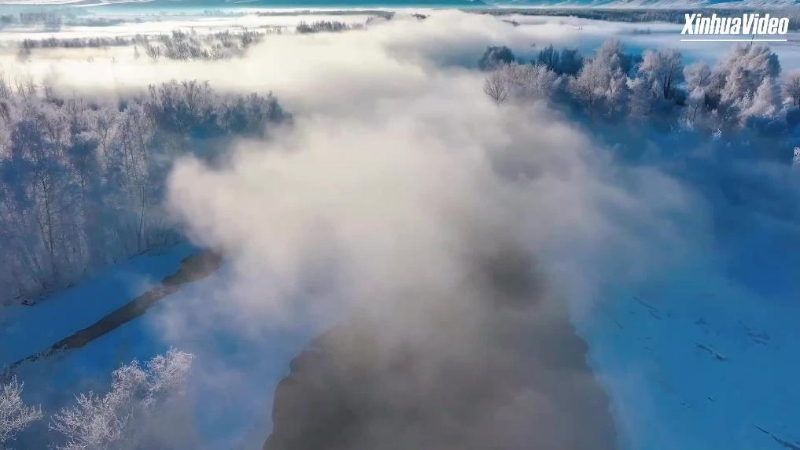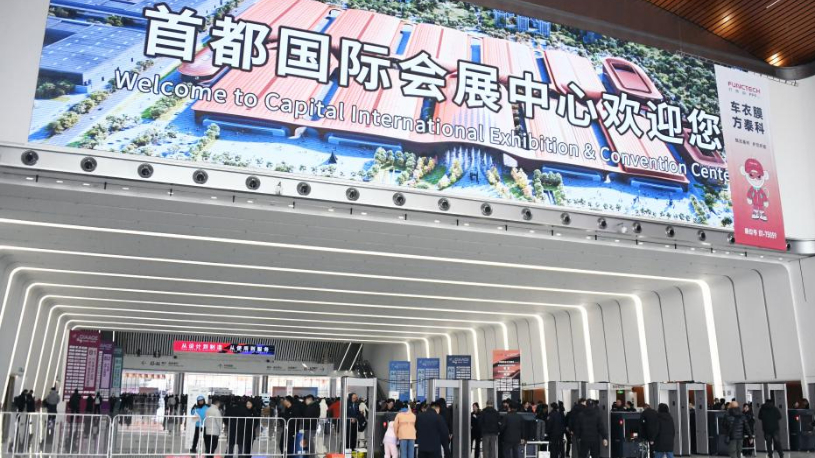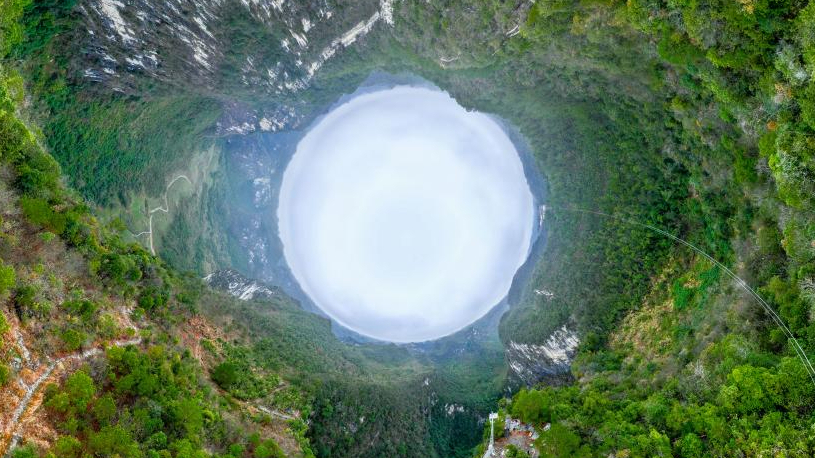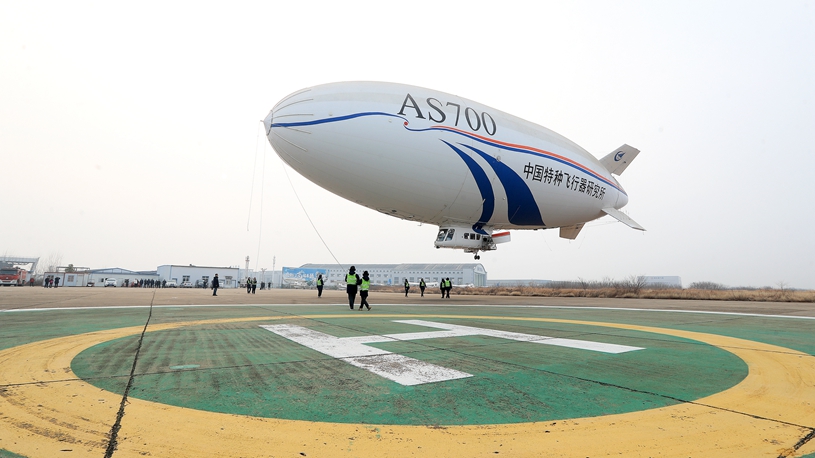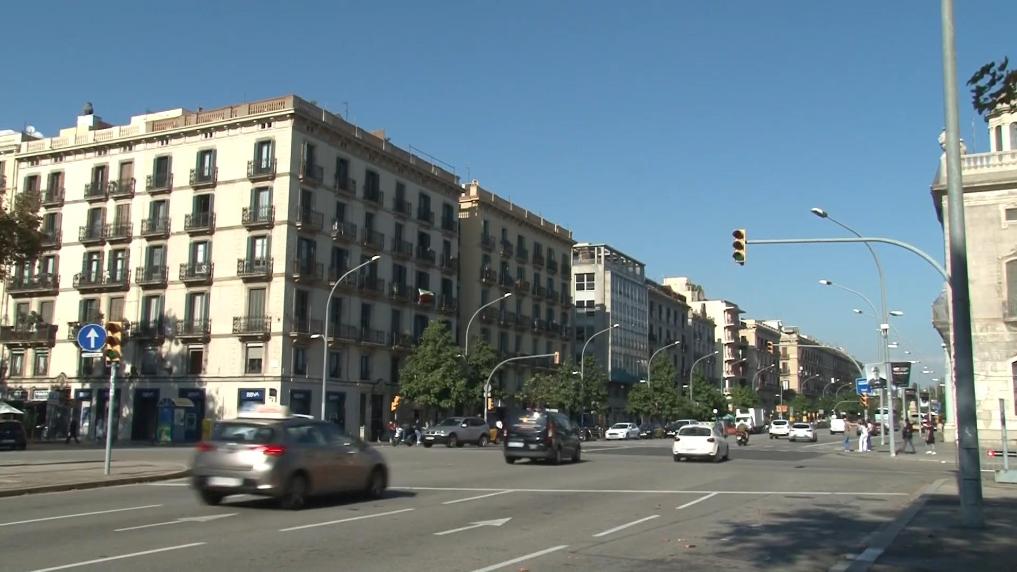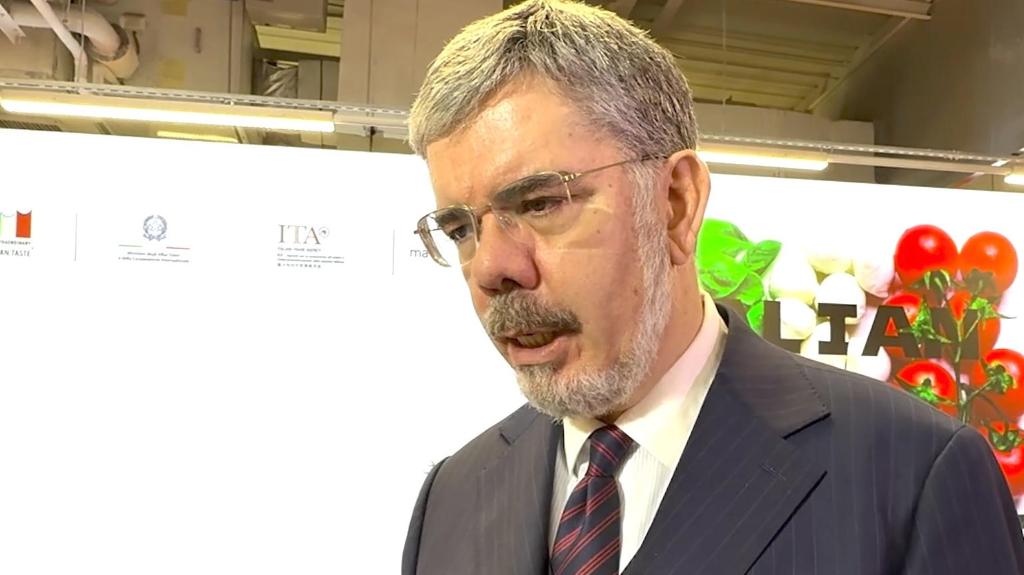* Fyodor Lukyanov, research director of the Valdai Discussion Club in Russia, said both nations seek to restore relations, but rapid agreement is unlikely as negotiations prioritize national interests.
* Analysts predict that the conflict could enter a phase where negotiation and warfare unfold in parallel, with each side navigating complex calculations. The ultimate outcome will hinge on shifting military dynamics, international pressure and evolving domestic political landscapes in Russia and Ukraine.
MOSCOW, Feb. 24 (Xinhua) -- As the Ukraine crisis enters its fourth year, a comprehensive settlement remains fraught with challenges, driven by deep-rooted geopolitical divisions and competing interests.
Amid increasing rifts between the United States and Europe, and with Ukrainian and European leaders absent from recent U.S.-Russia talks in Riyadh, the potential impact of a thaw in U.S.-Russia relations on the conflict is yet to play out.
U.S.-RUSSIA THAW
During a phone conversation on Feb. 12, Russian President Vladimir Putin and U.S. President Donald Trump both expressed willingness to improve bilateral relations, currently at a historical low, and negotiate an end to the Russia-Ukraine conflict.
The leaders reached a preliminary agreement to organize a summit, signaling a potential easing of tensions.
This diplomatic momentum led to Tuesday's high-level talks in Riyadh, Saudi Arabia, involving Russian Foreign Minister Sergei Lavrov and U.S. Secretary of State Marco Rubio.
The four-and-a-half-hour meeting, which was the first face-to-face interaction between senior U.S. and Russian officials since the outbreak of the Ukraine crisis, is the latest indication of a thaw in the relations between Washington and Moscow.
The two sides achieved a "four-point consensus" to address "thorny bilateral issues" and advance efforts to resolve the Ukraine crisis, according to a statement from the U.S. State Department.
Russian presidential aide Yuri Ushakov confirmed plans to establish a joint working group to address all aspects of the Ukraine crisis.
After the Riyadh meeting, U.S. Special Envoy to the Middle East Steve Witkoff described the discussions as "positive, upbeat and constructive," while Lavrov described the discussions as "very useful."
Both Putin and Trump reaffirmed their readiness to proceed with a bilateral summit. Kremlin spokesman Dmitry Peskov said the two leaders could meet as early as this month.
DEEPENING RIFT AMONG ALLIES
Neither Ukraine nor Europe were invited to the high-profile Riyadh meeting. "European nations have been left at the kids' table in talks over the future of Ukraine," described the Financial Times.
This exclusion has heightened anxieties across Europe over its diminishing control over its own security, reflecting an increasing divergence between the United States and its European allies.
At the Munich Security Conference, Ukrainian President Volodymyr Zelensky vowed to "never accept deals made behind our backs," while European Union foreign policy chief Kaja Kallas said, "Any agreement must include Ukraine and Europe as integral participants."
"No decisions about Ukraine should exclude Ukraine," said Ukrainian expert Olexiy Buryachenko, urging European participation in negotiations. "Europe must be at the table."
However, Keith Kellogg, U.S. special envoy for Ukraine and Russia, said in Munich that Europe would not have a seat at the negotiating table, although he confirmed that Ukraine would be involved.
In response to Washington's rush to engage Moscow, top foreign affairs officials from major European countries, including Germany, France and Poland, issued a joint statement, stressing that both Ukraine and Europe must be part of "any negotiation" regarding the Ukraine issue.
French President Emmanuel Macron and British Prime Minister Keir Starmer, after wrapping up an emergency meeting of European leaders in Paris, will visit Washington this week to dissuade Trump from a hasty Ukraine deal with Russia. However, Trump publicly blamed the two leaders for having done nothing to help Ukraine throughout the conflict.
Trump's worldview diverges from that of traditional allies, making future developments highly unpredictable, said Gordon Houlden, a political science professor at the University of Alberta.
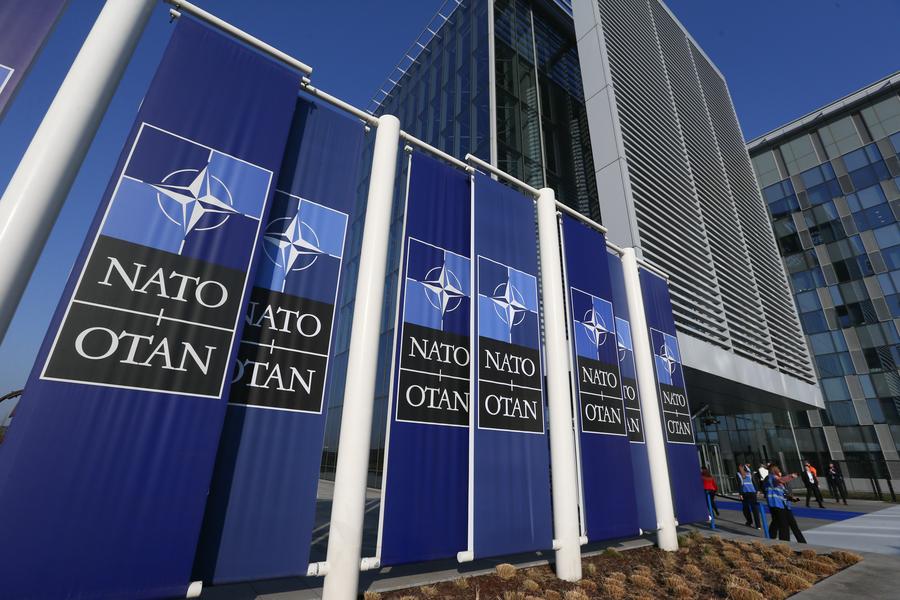
ROCKY PATH TO PEACE
The path to peace in Ukraine remains fraught with obstacles, as complex geopolitical conflicts rarely yield simple solutions, observers said.
Putin has reiterated that any dialogue hinges on Ukraine abandoning its NATO aspirations, halting NATO troop deployments, and withdrawing forces from four eastern regions of Ukraine.
Zelensky, meanwhile, demands a ceasefire on deploying 200,000 European peacekeepers and placing Ukraine under a "NATO security umbrella."
These irreconcilable demands have made diplomacy difficult.
Despite Trump's push to fulfill his pledge to end the conflict, recent weeks have seen only marginal rhetorical softening from Moscow and Kiev, with both sides cautiously lowering thresholds for dialogue.
Fyodor Lukyanov, research director of the Valdai Discussion Club in Russia, observed that Trump's "carrot-and-stick" approach is well understood by Moscow. Both nations seek to restore relations, but rapid agreement is unlikely as negotiations prioritize national interests.
Discussions on security guarantees to Ukraine remain complex and protracted, said analyst Volodymyr Volya, adding any meaningful progress could take considerable time.
Analysts predict that the conflict could enter a phase where negotiation and warfare unfold in parallel, with each side navigating complex calculations. The ultimate outcome will hinge on shifting military dynamics, international pressure and evolving domestic political landscapes in Russia and Ukraine.
(Video reporters: Xia Yuanyi, Liu Yuxuan, Zhang Kun; video editors: Zhang Nan, Zhang Yueyuan, Roger Lott, Zhao Xiaoqing, Wei Yin, Wang Han)■
